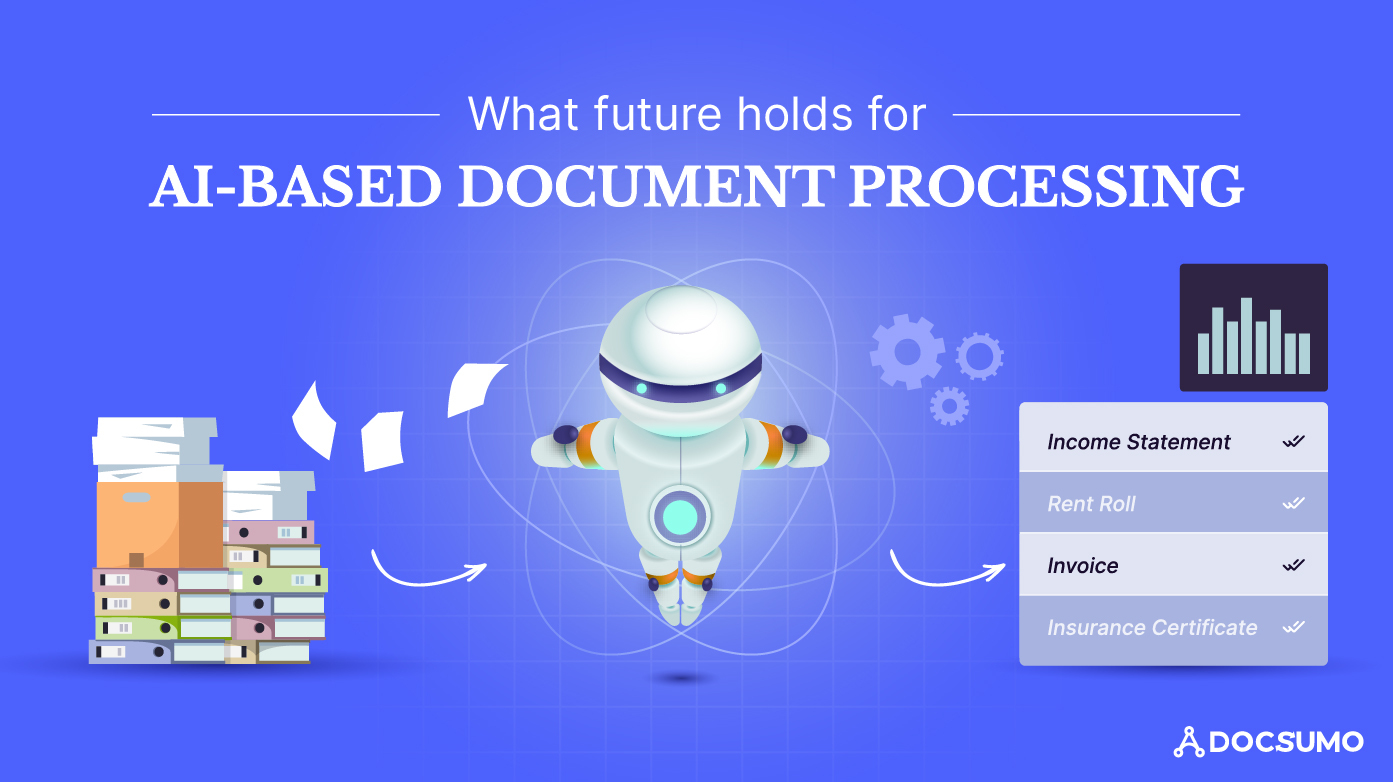
Samsung Unveils Revolutionary PM9E1 PCIe 5.0 SSD: A Game Changer for AI Applications
Samsung Electronics has officially launched mass production of its latest innovation, the PM9E1 solid-state drive (SSD), heralding a new era for artificial intelligence (AI) applications in personal computing. As we navigate the fast-paced world of technology, this groundbreaking device, built on Samsung’s sophisticated 5-nanometer controller and eighth-generation V-NAND technology, promises to transform how we think about data storage and AI processing.
Unleashing the Power of PCIe 5.0
At the heart of the PM9E1’s design lies the cutting-edge eight-channel PCIe 5.0 interface, providing astonishing sequential read speeds of up to 14.5 gigabytes per second (GB/s) and write speeds hitting 13 GB/s. These numbers are not mere specifications; they signify a substantial leap forward in our ability to handle complex data tasks. Imagine transferring a colossal 14 GB large language model (LLM) to dynamic random-access memory (DRAM) in less than a second. For professionals and enthusiasts engaged in AI and machine learning, this kind of efficiency is nothing short of vital.
A glimpse of the advanced technology powering the PM9E1 SSD.
Moreover, the PM9E1 comes in impressive storage capacities: 512 gigabytes (GB), 1 terabyte (TB), 2 TB, and a robust 4 TB option. The largest variant particularly caters to those who create or consume massive amounts of high-resolution content. From AI-generated imagery to resource-intensive gaming applications, this SSD aims to support the demands of modern computing.
Power Efficiency Meets Security
Alongside enhanced performance, the PM9E1 also excels in power efficiency, showcasing over a 50% improvement compared to its predecessor, the PM9A1. This is a significant advantage for users who rely on portable devices, as it contributes to longer battery life—an essential factor for those on the go.
Security is another pillar of the PM9E1’s design. With the adoption of Security Protocol and Data Model (SPDM) version 1.2, Samsung is taking strides to protect data integrity. It incorporates features like Secure Channel technology and Device Authentication, which serve as safeguards against supply chain threats. These enhancements are critical in today’s tech landscape, where data security is paramount.
“Samsung’s commitment to advancing storage technology is reflected in the PM9E1, which is tailored for AI-driven computing environments.”
Future of AI Storage
Samsung’s foresight in launching the PM9E1 SSD highlights its ambition to dominate the on-device AI storage market. By extending its advanced SSD portfolio to global PC manufacturers and planning future PCIe 5.0-based consumer products, Samsung is positioning itself at the forefront of this evolving technological landscape.
For anyone involved in AI development, whether in research or commercial applications, the PM9E1 offers a glimpse into the future where rapid data access and robust security are the backbone of intelligent systems. It’s an exciting time in the world of computing, and Samsung appears prepared to lead the charge.
 The pivotal role of advanced storage in AI processing.
The pivotal role of advanced storage in AI processing.
As the lines blending AI with everyday computing continue to blur, innovations like the Samsung PM9E1 SSD stand as testaments to the advancements available to us. By making substantial improvements in speed, capacity, and efficiency, these technologies ensure that we are ever closer to realizing the full potential of AI in our personal devices. The PM9E1 isn’t just an SSD; it’s a bridge to future capabilities in the on-device AI space.
Conclusion
In conclusion, the Samsung PM9E1 PCIe 5.0 SSD embodies a significant advancement not only for personal computing but especially for AI applications. Its impressive specifications and secure features promise something more than mere storage; they signify a leap toward enabling ambitious AI innovations. As we look ahead, the impact of such technologies on our daily lives will undoubtedly be profound.













